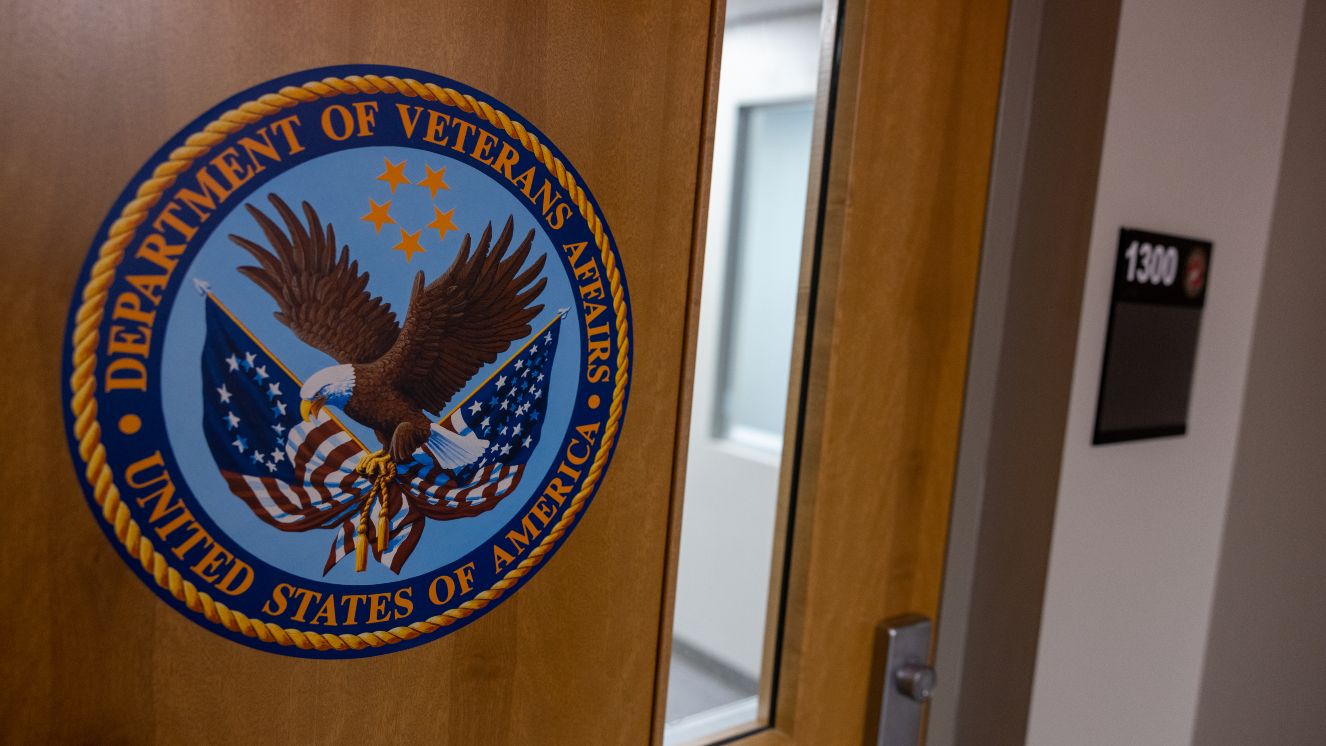BRAIN CANCER SYMPTOMS MAY DEVELOP IN VETS WHO SUFFER FROM TBI
COMMENT
SHARE

The last few decades have shown a lot of progress in the medical world and how we collectively understand the brain has greatly expanded. Sadly, traumatic brain injury (TBI) is common among warfighters. A study on the JAWA Network Open is showing even more disturbing trends. Brain cancer symptoms may be more prevalent in those who have suffered from TBI, according to the study. Complicating matters worse, is that symptoms of brain cancer are not always very straightforward. Suggested read: James Patrick Dempsey: Former US Soldier Arrested
What Are the Symptoms of Brain Cancer?
Many different brain cancer symptoms may show up in those suffering. These include the following:
- Behavioral/personality changes
- Changes in your vision
- Confusion and disorientation
- Convulsions or seizures
- Loss of hearing
- Difficulty thinking, speaking, or finding the right words
- Pain in your head/headaches
- Loss of balance and states of dizziness
- Loss of memory
- Weakness/numbness/paralysis in one part or one side of your body
All brain cancers are tumors. However, not every tumor is cancerous. With that being said, brain tumor symptoms vary depending on the tumor's location in the brain, and its size/rate of growth. However, tumors don’t always cause symptoms. Meningioma is the most common brain tumor and its growth is so slow that many don’t even notice brain cancer symptoms until much later when more serious health issues are present. Related read: Brain Injury Awareness Month Helps Advocate and Stop Stigmas for TBI
TBI Can Lead to Additional Health Issues According to a Study
Brain cancer from military service may be more prevalent than once believed. TBI is a common injury that may put you at an elevated risk for brain cancer later on. A major medical study published on JAWA Network Open reviewed around 2 million Veterans for ranging severity in TBIs who served after 9/11. Those with moderate or severe TBIs had a 90% increase in developing brain cancer. Warfighters with penetrating TBIs had more than a 300% elevation in their likeliness to form brain cancer. These figures are a comparison to those who have never had TBI. Brain cancer symptoms are less likely in Veterans who suffered mild cases of TBI. If there is a silver lining, mild TBI cases are the most common form of injury found in Veterans. The study of brain cancer in the military community is important for understanding what to look for and how to better provide healthcare treatment to Veterans. Of the 450,000 Veterans found to have a TBI, 360,000 were mild cases with around 64,000 being moderate, severe, or penetrating. 80 Vets with mild TBI would develop brain cancer, compared to 27 with more severe TBIs. The risk of brain cancer for military personnel is a significant issue, considering TBI is still an ongoing hazard. High-profile examples are being seen in the Middle East from Houthis and additional militias backed by Iran attacking American troops in response to Israel’s war against Hamas. One should realize that although this study is important, brain cancer symptoms don't always arise after TBI. After all, the subject is complex, and research is ongoing. If you or a loved one is concerned about TBI or other health effects, this article shouldn’t be confused with medical advice. Seeking the opinion of a medical professional is always beneficial.
Do Brain Cancer Symptoms Come and Go?
Not only can brain cancer symptoms come and go but one can also confuse them with other health issues, such as a stroke. Symptoms may disappear and can come and go for months at a time. Seeking professional medical attention if you are suffering from such ailments is the only way to know for sure. Read next: Ketamine Therapy For Veterans Is Helping Treat Depression
Join the Conversation
BY BUDDY BLOUIN
Buddy Blouin is a Contributing Writer at VeteranLife.com
Buddy Blouin is a Contributing Writer at VeteranLife.com



